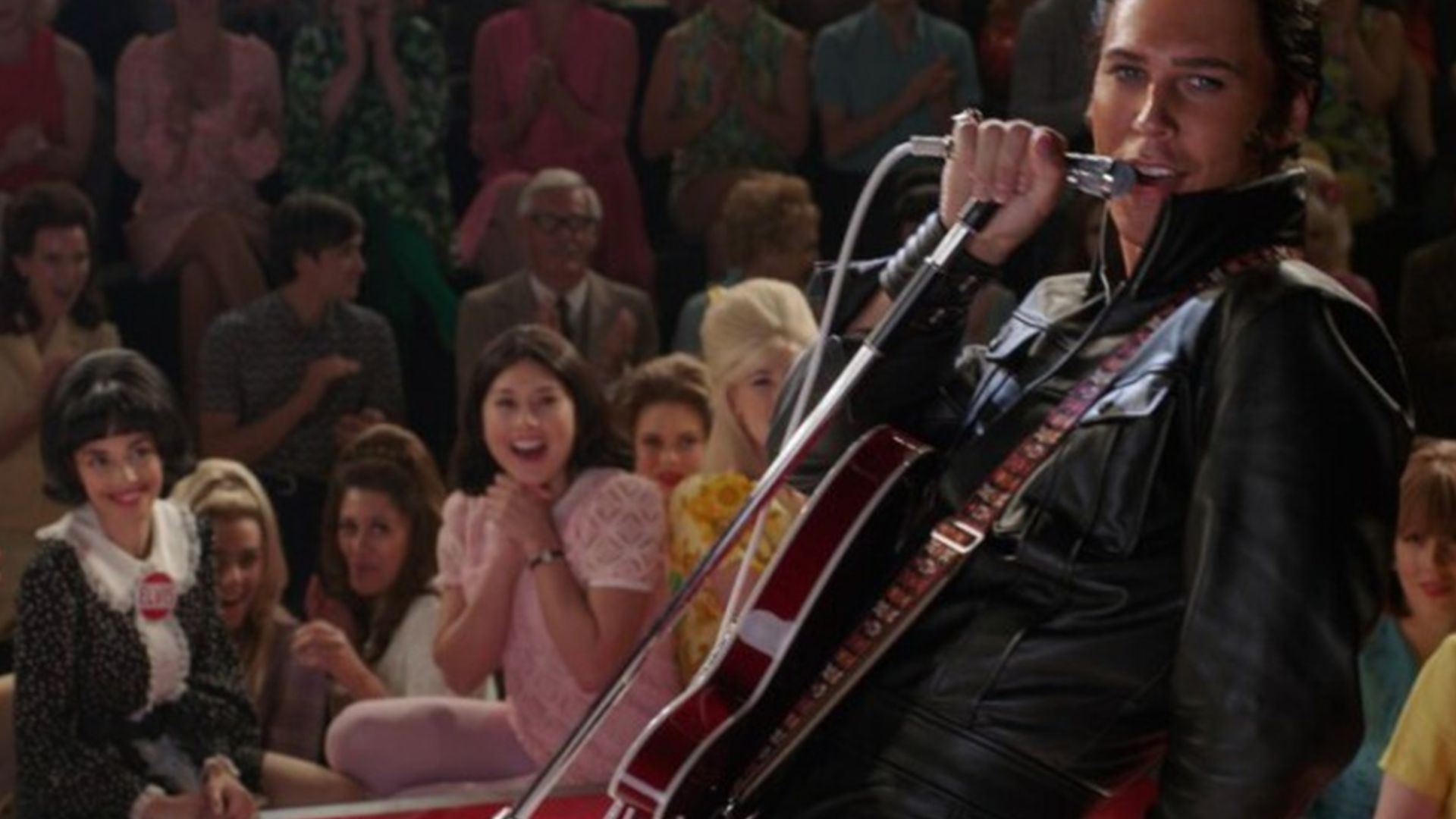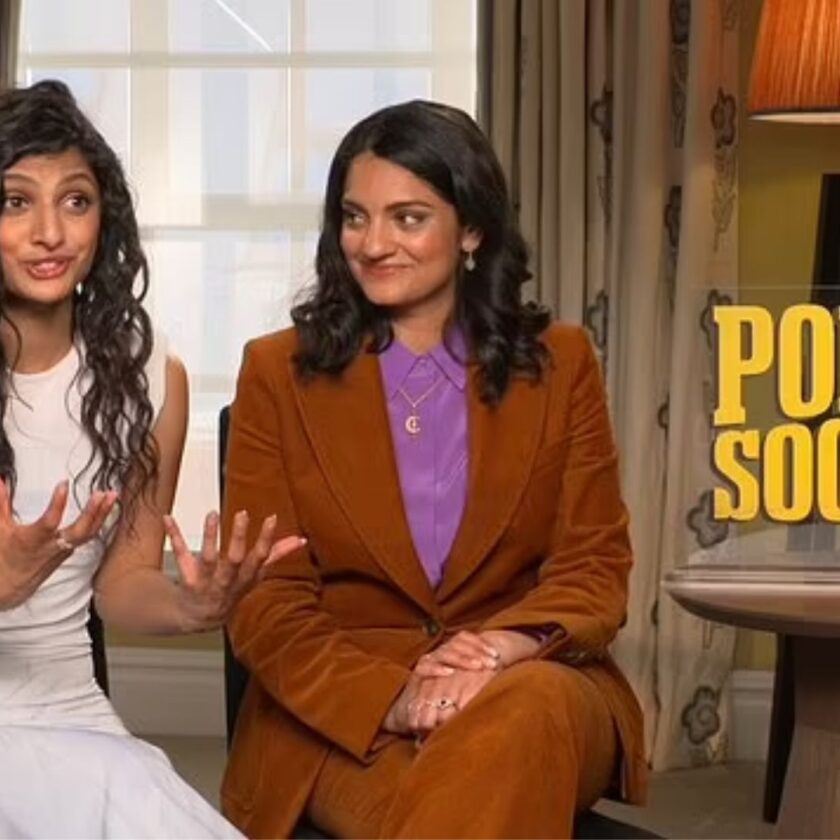Handling the job of Elvis Presley was an overwhelming test. There are a large number of revering, defensive fans who will watch and study each move and twist lips. Various entertainers have had a go at playing the King in all shapes and sizes of screen creations: Don Johnson in “Elvis and the Beauty Queen” from 1981, Michael Shannon in 2016’s “Elvis and Nixon,” and David Keith in the 1988 exertion, “Misfortune Hotel,” to give some examples. Kurt Russell conveyed likely the most acclaimed execution (and deservedly so) in “Elvis,” the 1979 TV film coordinated by John Carpenter.
Presently, a 30-year-old entertainer named Austin Butler – presumably most famous for his job as Charles Manson devotee Tex Watson in “Quite a long time ago… .in Hollywood” – has given us his interpretation of the renowned entertainer in the new dramatic film “Elvis,” and he has just stirred things up around town out of the recreation area. The film is raised much higher by Oscar-winning co-star Tom Hanks and the dazzling visual style of acclaimed essayist/chief Baz Luhrmann (“Romeo + Juliet, “The Great Gatsby”).
The film starts with a significant visual sprinkle – Presley’s renowned “TCB” (“Taking Care of Business”) logo, which mixes into the Warner Bros. safeguard. We then, at that point, experience the artist’s maturing previous director, Col. Tom Parker (a vigorously made-up Tom Hanks), presently close demise and anxious to put any misinformation to rest on whether he was a manipulative fraud or somebody who had the vocalist’s wellbeing on the most fundamental level. Coincidentally, Hanks spent over two to five hours every day in the cosmetics seat to accomplish the vibe of the chunky advertiser.
The content by Luhrmann, continuous partner Craig Pearce, Sam Bromell (“The Get Down”) and Jeremy Doner (“The Killing”) moves along at a face pace, highlighting loads of portrayal from the colonel and a huge number of characters as the film endeavours to address the more significant occasions in the vocalist’s life — all in two hours and 39 minutes.
We meet his folks, Vernon and Gladys, played by Richard Roxburgh and Helen Thompson. The two Australian entertainers supplanted Rufus Sewell and Maggie Gyllenhaal, who had to exit after the creation shut down for a long time during the beginning of COVID-19.
We find out about Elvis’ young life, his initial melodic impacts that come kindness of Black neighbourhood entertainers, and we witness his most memorable show execution where the apprehensive artist releases his actual presence on a clueless crowd that is immediately enticed. (The responses of a portion of the female concert attendees are precious.)
A colonel is an equivalent person in this film, and Hanks shows Parker’s passive abilities as an advertiser to full impact, particularly in a scene at a nation fair where he does a kind of hit the dance floor with his potential new client-first in a bewildering corridor of-mirrors fascination, and afterwards on a Ferris wheel. Luhrmann’s huge visual abilities are on full showcase through this film, whether at a fair while having a profession-changing gathering at the Hollywood sign or leading a dramatic practice for Presley’s Las Vegas residency. It’s everything so extremely visual and something to observe.
The diversion film of those renowned shows at the International Hotel, as well as the acclaimed 1968 rebound TV unique, are shot so right on target that, on occasion, I was contemplating whether I was checking out a newsreel film of those genuine shows and not new scenes for a film.
Butler (who beat down any semblance of Miles Teller and Harry Styles for the Elvis job) worked with a development mentor to copy Presley’s dramatic peculiarities, kicks, karate chops and different moves. He catches the King’s presence so impeccably that it’s practically terrifying. He can be hot and sure, yet in addition, powerless. Butler additionally does a portion of the real singing of the early Elvis tunes, with Presley’s voice mixed in sometimes. The later-period tune is genuine Presley accounts.
As referenced, the story moves rapidly and now and again nearly appears exciting. It’s a test to portray such an astounding life and profession in somewhat more than two hours, so a lot of occasions are addressed or disregarded. Priscilla Presley (played well by Olivia DeJonge of “The Visit”) figures in the story; however, like numerous different pieces of Elvis’ life, that might have been its film.
This film follows through on many levels: It’s a brilliant portrayal of Elvis Presley in various times, as well as a glance at the life and vocation challenges he was going through. It likewise gives a nearer assessment of the chief who controlled the performer for over twenty years. Furthermore, “Elvis” presents some inconceivable show scenes that cause the crowd to feel like they have an unparalleled view of a few unbelievable exhibitions.




